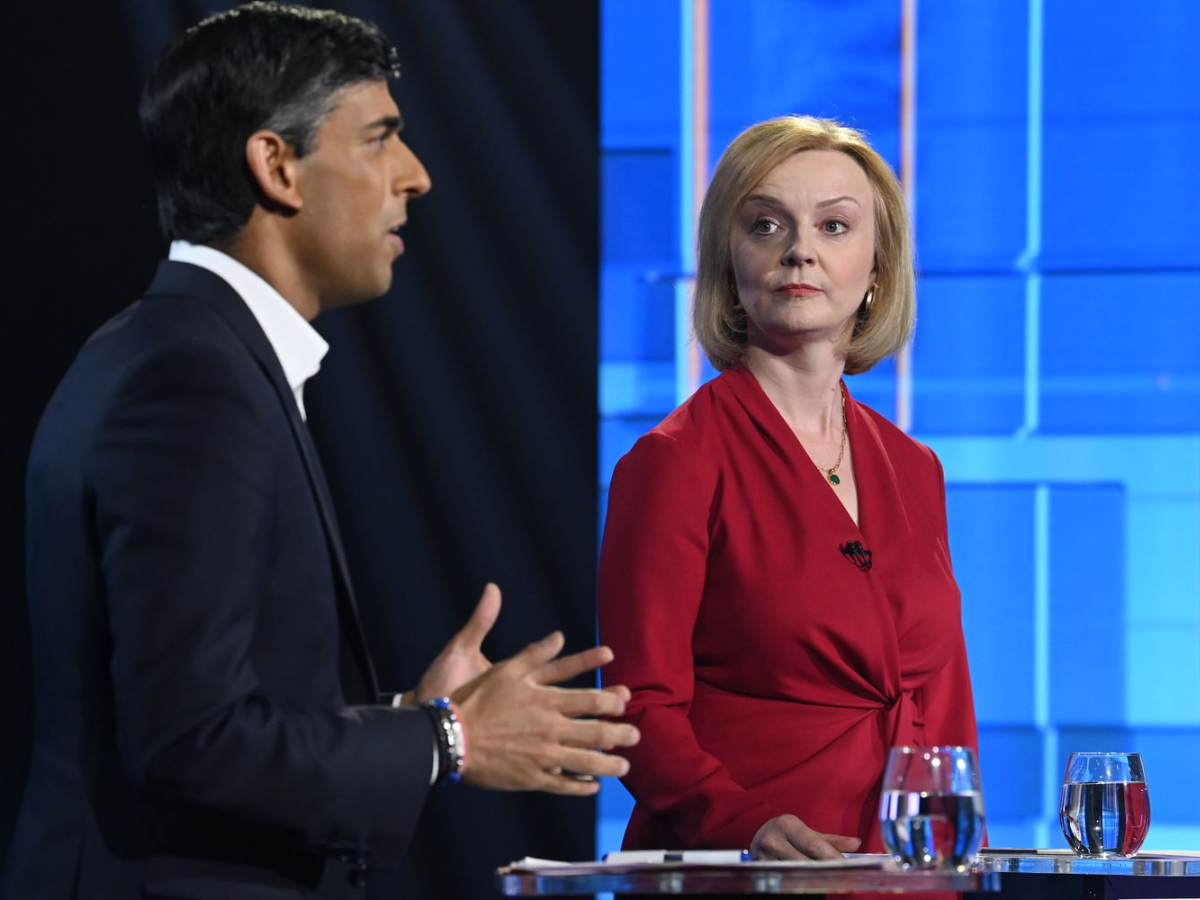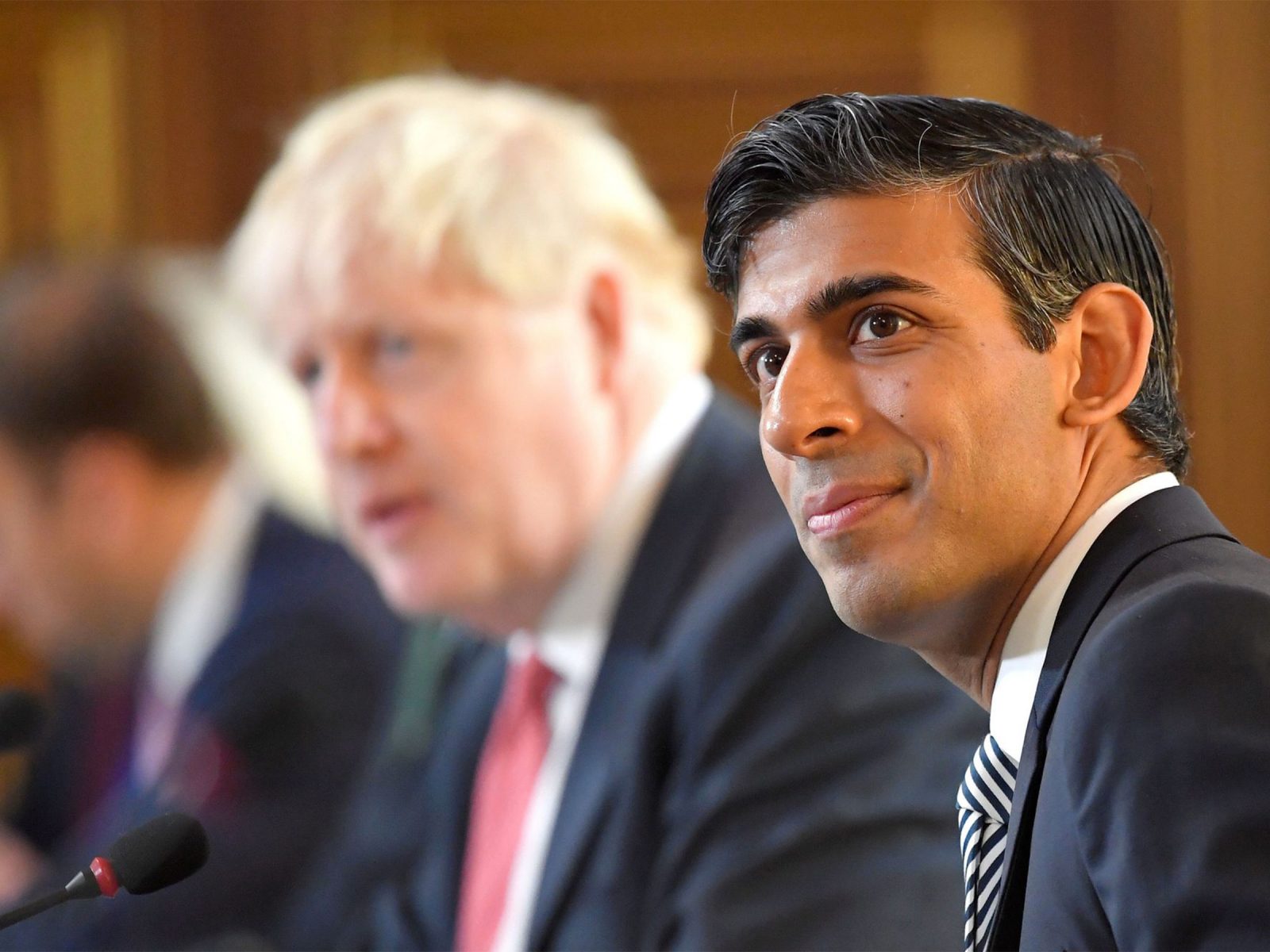Today, Chancellor Rishi Sunak outlined the government’s tax and spending plans to the UK.
He began his speech by stating that the pandemic has ‘fundamentally altered’ our lives. As such, it is his duty to ensure the government does ‘whatever it takes’ to support the British people.
In light of the ongoing crisis, which has made over 700,000 people redundant, his plan details certain solutions to the issues that now engulf the UK’s health and finances. So far, the government has borrowed £270 Billion to fight the pandemic as the economy shrunk by 10%.
The executive committee has now come up with a strategy to pay back these loans. The main focus of Sunak’s plan is to boost economic recovery and to support those on furlough, as well as individuals who face long-term unemployment. He is set to extend the £20-a-week universal credit top up for six months, as well as the furlough scheme until October 2021.
Before the announcement, Sunak announced his intention to invest more funds towards vaccine distribution, support for the High Street reopening, and the return of 95% mortgages for first time buyers. Additionally, he has designated £408 Million for museums and galleries to reopen, as well as £150 Million to aid communities take over pubs in danger of closing. A sum of £300 Million will bolster the summer sports recovery package.
Economic Forecast
According to Sunak’s forecast, the economy will be 3% smaller than previously predicted in five years time. However, findings from the Office Budget of Responsibility suggest that the UK will recover from the pandemic in a ‘swifter and more sustained recovery than expected’:
‘The OBR forecast that our economy will grow this year by 4%, by 7.3% in 2022, then by 1.7% in the last three years of the forecast’
He predicts that the UK economy will return to pre-COVID levels by the middle of 2022, with annual growth rates to rebound by 4% this year and 7.3% in 2022.
Further, the OBR estimates that unemployment will peak by 6.5% next year, which is lower than 11.9% predicted previously. In light of these figures, the UK is set to borrow £355 Billion this year, a record high in all of peace time. This estimate is borne of expectations that a share of GDP will fall from 4.5% next year, to 3.5% in 2023.
What does Sunak’s Plan Entail?
Sunak has committed to a number of spending commitments outside of those previously announced.
Furlough will be extended to September 2021, with the government paying 80% of employees’ wages for hours they do not work. However, businesses will be expected to contribute 10% of wages in July, and 20% in August and September.
An additional 600,000 self-employed individuals will be eligible for access to grants, and minimum wage will rise to £8.91 an hour by April.
In terms of taxation, no changes will be made to income tax, national insurance or VAT. Personal income tax will be frozen at £12,570 from 2022 to 2026. Additionally, higher rate income tax will cease at £50,270 in the same time frame.
On the other hand, corporation tax on company profits will rise from 19% to 25% in April 2023. For smaller companies, rates will remain at 19% for around 1.5 million organisations.
For the arts and sports, £400 Million will be invested in reopening arts venues in England, as well as a £300 Million recovery package for professional sport and £25 Million for grassroots sports.
Domestic violence programme funding will increase to £19 Million, to support those who have suffered from the pandemic. An additional £40 Million will be divested to thalidomide victims needing life support guarantee.
To support further growth, incentive grants for apprenticeships will rise to £3000 and £126 for traineeships.
Challenging Times Ahead
Sunak reiterated his support for Prime Minister Boris Johnson’s roadmap, which contributes significantly to his own financial recovery plan. As such, he plans to support businesses by the 21st of June, data and transmission rates permitting.
Recommended for you

What Does the Tory Leadership Battle Mean for the NHS?
As Truss and Sunak compete to become the new PM, one key topic is forming a noticeably small part of the Tory leadership debates.

Drug Decriminalisation: Could the UK Follow Portugal?
Portugal’s drug decriminalisation has reduced drug deaths and made people feel safe seeking support. Would the UK ever follow suit?
Trending

Drug Decriminalisation: Could the UK Follow Portugal?
Portugal’s drug decriminalisation has reduced drug deaths and made people feel safe seeking support. Would the UK ever follow suit?

Calling All Unvaccinated UK Adults
With Covid cases rising, the NHS is urging the 3 million UK adults who remain unvaccinated to come forward.





